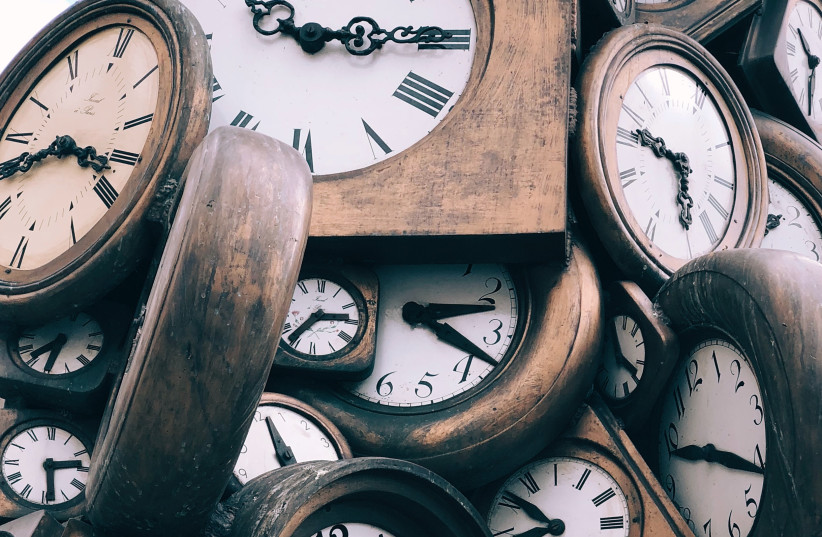Israelis have always been told by government officials that Summer Time (DST – Daylight Savings Time) was necessary from March through September because it reduced road accidents when people drive home in the dark as well as energy costs. But other countries don’t see it that way.
The government used to set the dates for beginning and ending DST every year. Despite objections by religious Jews of various kinds – who opposed it because it supposedly interfered with the holding of morning prayers – the Knesset decided it would begin at the end of March and end at the end of October. Israeli sleep medicine specialists have not adopted an official position.
The Sleep Research Society – established in Chicago in 1961 and now boasting 1,200 experts in sleep medicine and a peer-reviewed journal called Sleep – insists that DST should be abolished completely, leaving standard time all year round. With the annual change to standard time that occurred on Sunday, the SRS issued a new position statement that was published online last week as an advance article in Sleep.
More than 140 countries have used DST at some point, but about half of them have since abolished it.

What is wrong with Daylight Savings Time?
The statement insists that DST causes acute sleep loss and chronic misalignment of people’s biological clock, as “the timing of natural light becomes desynchronized from normal physiological processes, resulting in dysregulation of melatonin and cortisol,” it declared. “Disruption of these hormones contributes to stress, altered metabolism and inflammation. This circadian misalignment would occur year-round if daylight saving time were to become permanent.”
From a health standpoint, the bulk of evidence supports abolishing our current spring transition to Daylight Savings Time and adopting permanent standard time,” said position statement author Prof. Beth Malow, a neurologist, pediatrician and director of the Vanderbilt University Medical Center Sleep Division in Nashville, Tennessee. “Daylight Saving Time is associated with increased risks of sleep loss, circadian misalignment and adverse health consequences.”
DST shifts daylight into the early evening. In exchange, it extends darkness later in the morning, especially in the winter months, in northern regions, and in the western edges of time zones.
By increasing light exposure in the evening, DST can cause a delay in the body’s production of the sleep-promoting hormone melatonin, resulting in a later bedtime and shorter sleep duration.
Chronic sleep loss is associated with increased risks of multiple health problems including obesity, diabetes, hypertension, cardiovascular disease and depression. Because puberty causes the brain to release melatonin later at night, adolescents are especially vulnerable to the effects of DST, particularly when school schedules require teens to wake up early in the morning.
“The Sleep Research Society strongly supports the adoption of permanent standard time,” according to its president Prof. Namni Goel, who has a doctorate in biological psychology and is the director for adult chronobiology research in the department of psychiatry and behavioral sciences at Chicago’s Rush University Medical Center Biological Rhythms Research Laboratory.
“The SRS will continue to educate lawmakers and the public about the sleep and circadian science supporting standard time, and we will advocate for Congress to pass legislation restoring permanent standard time nationwide.”
In March 2022, the US Senate passed the Sunshine Protection Act that would establish permanent DST in November 2023. However, a similar law enacted during the energy crisis of 1973-1974 was so unpopular that Congress repealed it less than a year later.
Public opposition to DST rose during the winter when it remained dark later in the morning. Parents were especially concerned about the safety of their children going to school in the dark.
